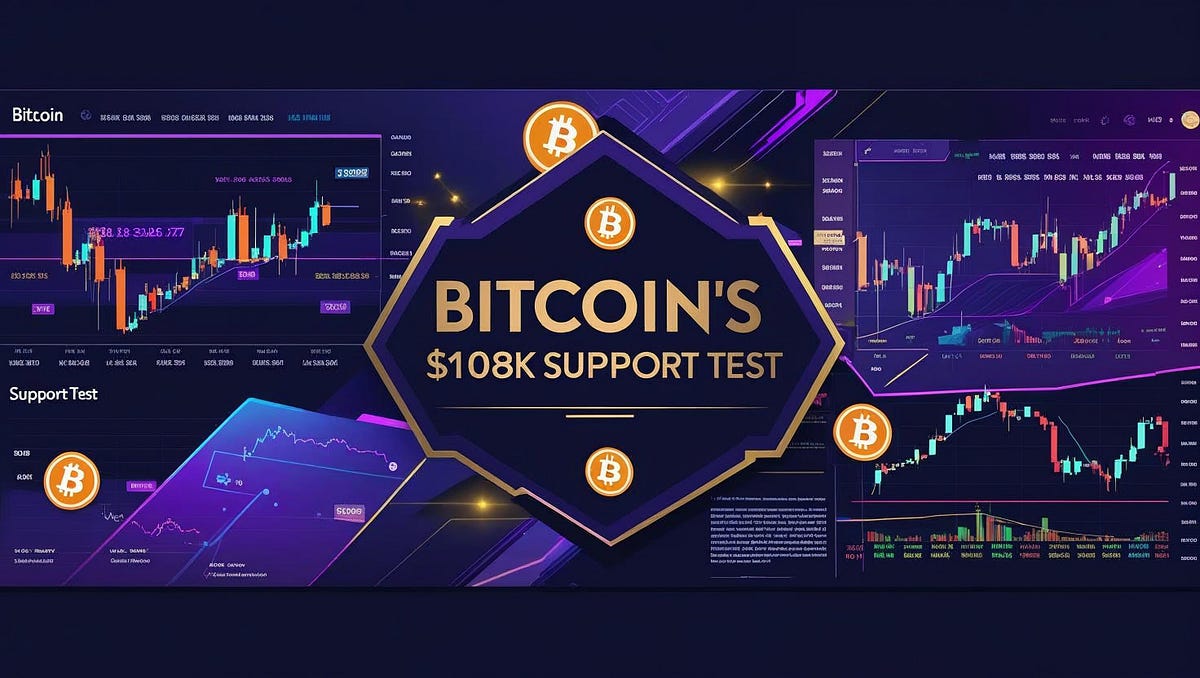Aug 28, 2025
Introduction
The internet has changed how we move, work, and live, but when it comes to the infrastructure behind it all, things are far from perfect. Think about how Uber doesn’t own cars, yet it controls how millions of people move daily. Airbnb doesn’t own homes, yet it shapes global travel. These platforms sit in the middle, charging high fees and setting the rules, while the people who provide the actual resources, drivers, hosts, and everyday contributors get the smallest slice of the pie. It works, but it’s fragile. One policy change, a spike in fees, or a platform shutdown can wipe out entire livelihoods. The numbers tell the story even clearly. Uber’s service fee is about 25% of what riders actually pay. Airbnb takes up to 15% in service fees while housing shortages rise in cities worldwide. Big cloud providers like Amazon Web Services, Microsoft, and Google Cloud control over 63% of the cloud market, giving them an almost monopoly-level grip on how we store and share data. That’s the internet we know today: efficient, global, and powerful, but controlled, centralized, and uneven.
This is where a new idea, DePIN (Decentralized Physical Infrastructure Networks), is starting to break through the cracks. I’m writing this deep dive because the way infrastructure is built…







